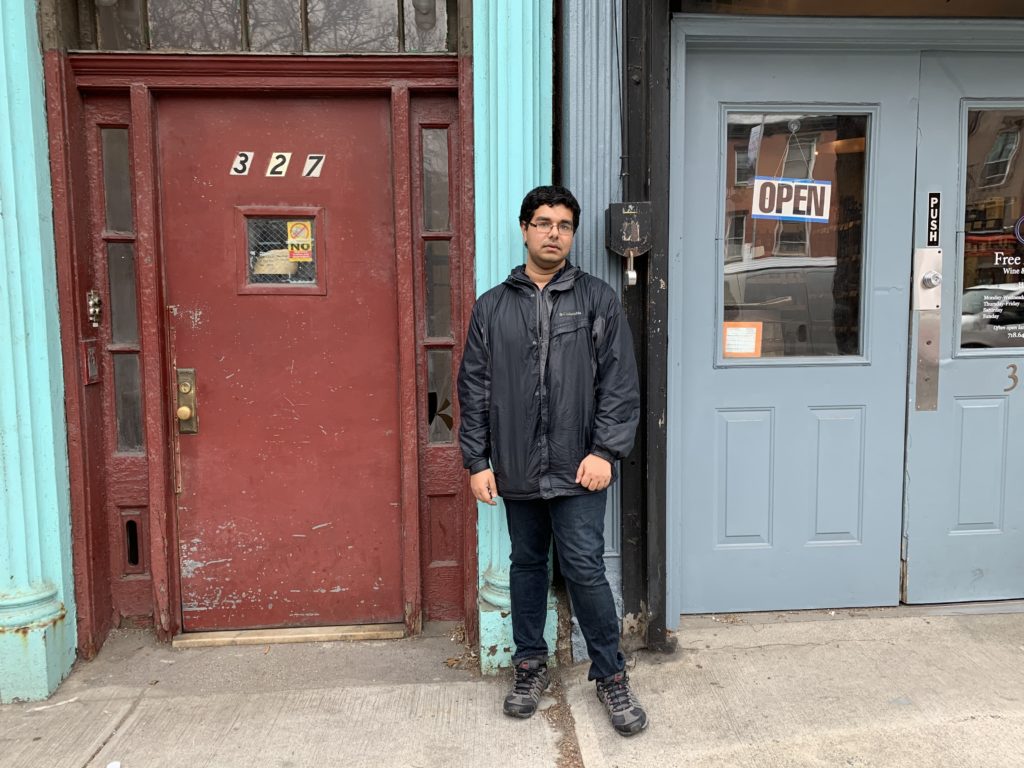His brother committed suicide. Now, he wants teachers to take courses in mental health.

Anamul Haque, whose 18-year-old brother committed suicide in 2016, is trying to get a bill passed that would require teachers to take continuing education courses in mental health. Eagle photo by Noah Goldberg.
Anamul Haque was 21 years old in 2016 when he found his little brother Ziaul dead in the bathroom of the family’s Flatbush home. Ziaul had committed suicide
Ziaul was only 18 years old at the time. He graduated with top honors from high school and got a full-ride scholarship to study computer science at New York University’s Brooklyn campus.
But something changed when he started college.